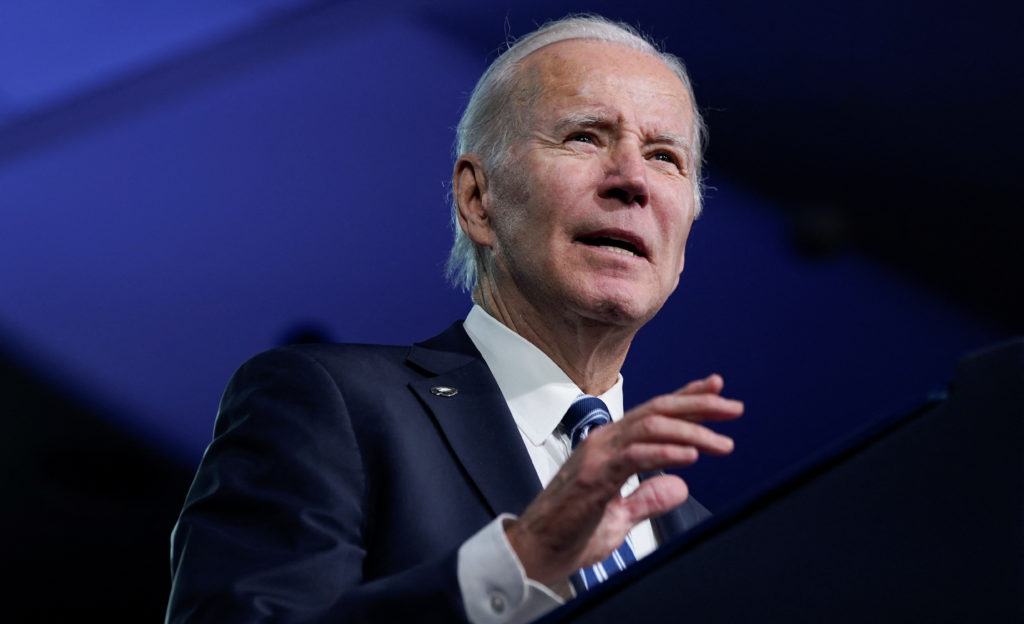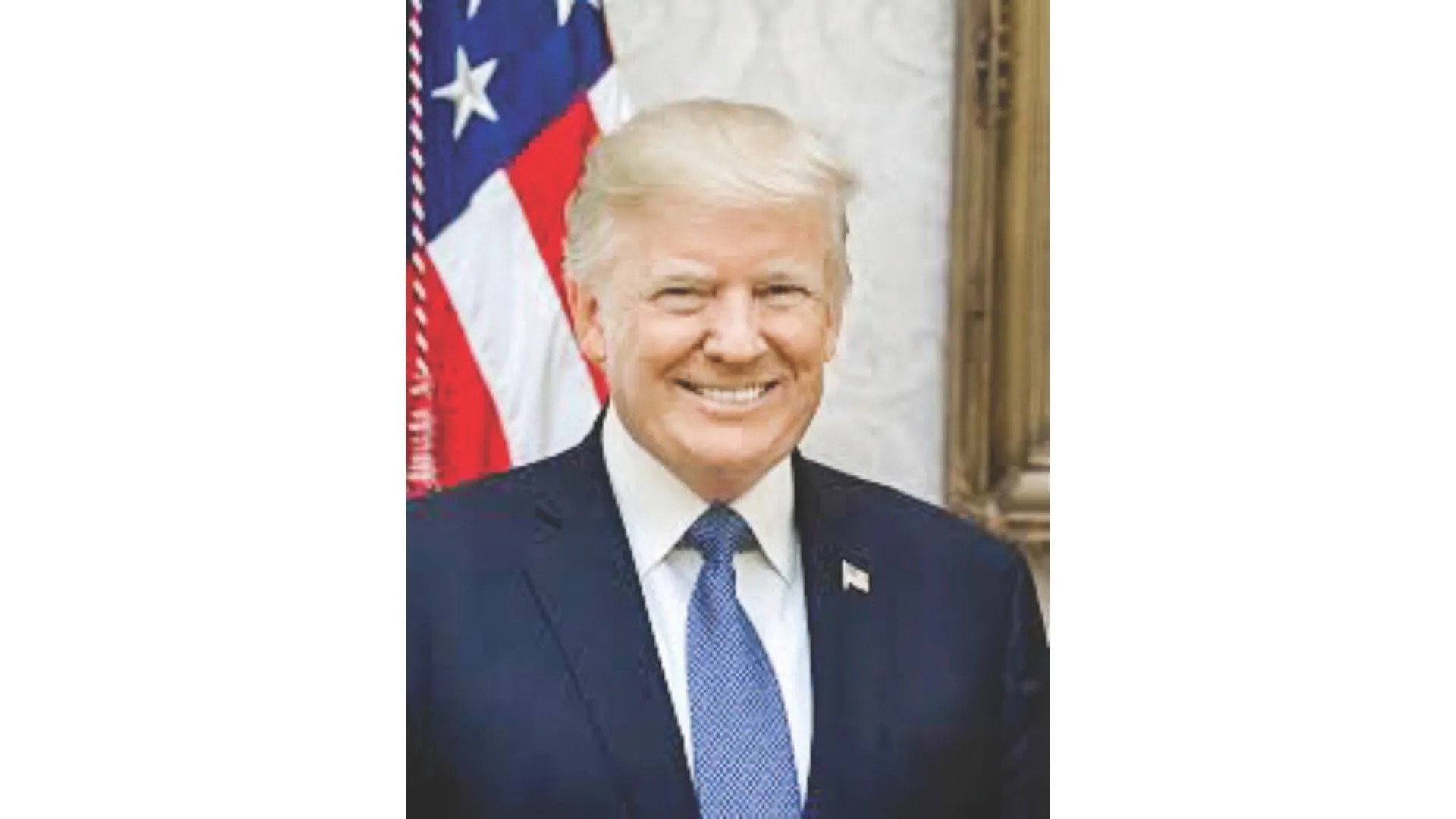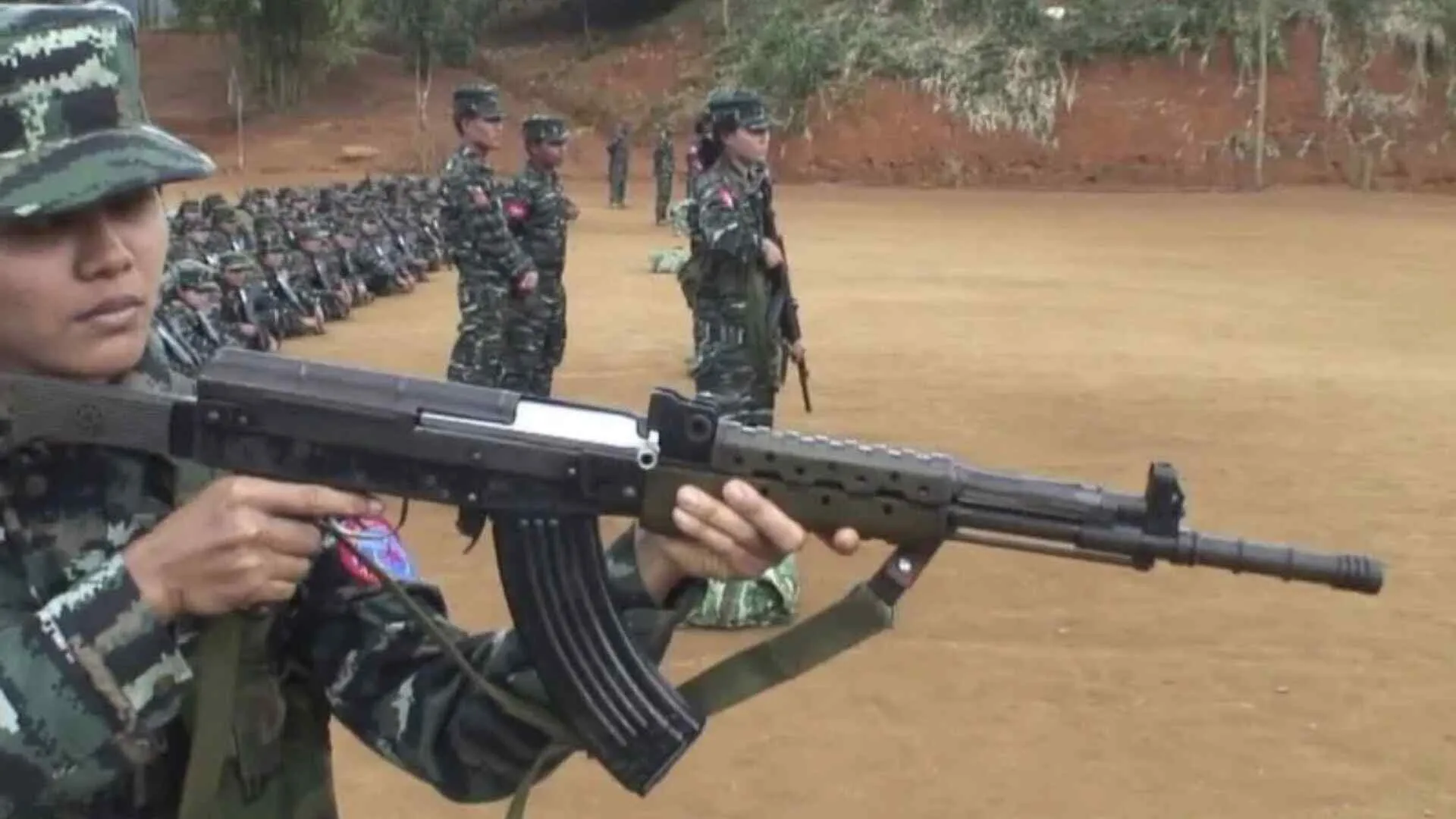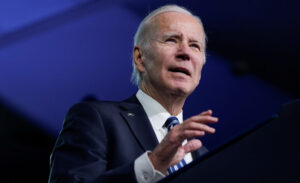The United States under Joe Biden pursues what it calls a “values-based foreign policy”, with the goal being to preserve human rights and spread democracy worldwide. It is just that the values keep shifting according to the geostrategic and geopolitical needs of the US government, with neither human rights nor democracy being preserved, for instance, in the Arab world, or in China and Pakistan. Such is the zeal to protect human rights and establishing democracy that the US government does not lose a single opportunity to take pot shots even at India, which is undoubtedly one of its most consequential trade and strategic partners in the 21st century, apart from being the world’s largest democracy. But for India’s clout as a major emerging power, even its robust democracy might not have been protection enough from US sanctions on imagined “crimes”. In fact, in spite of India’s current status, the lectures from the US on rights and democratic values, however muted, continue to this day. Not all countries are India that they can withstand such pressures the way India has been doing for decades, and then work to make the relationship thrive, of course with considerable help from the US side too, now that the it has woken up to India’s potential.
It is through this prism that the situation in Bangladesh has to be viewed. The opposition in Bangladesh, led by Khaleda Zia’s BNP, wants the Hasina government to step down and the elections in January held under a caretaker government. The provision for a caretaker government was removed from the Bangladesh Constitution in 2011 by the Hasina government after the country’s bitter experience of a military-backed caretaker government that continued beyond its tenure and delayed the general elections. Khaleda Zia’s BNP, backed by the radical Jamaat-e-Islami, is currently resorting to violent street protests seeking the stepping down of the Hasina government and the installation of a caretaker government, failing which they will boycott the elections. Amid this turmoil the US is muddying the waters by insisting that Hasina must speak to the BNP and come to an understanding on how to hold the elections. Hasina has snapped back to ask if Joe Biden would speak to Donald Trump on holding elections. She has also asked if countries like India and Canada among others, can hold elections under an election authority, why Bangladesh cannot do the same. In fact, another political party, Begum Raushan Ershad’s Jatiya Party has come out in support of the elections to be held under a strong and independent election commission.
India is maintaining a safe distance from the controversy. As Ministry of External Affairs spokesperson Arindam Bagchi made it clear, “On the issue of the caretaker government, the Constitution has a position on it and we have not really commented on that.” And that’s how it should be. Just because a provision of a Constitution amended by a majority government, does not suit an opposition party, it does not mean that the government can be strong-armed into scrapping the amendment and made to step down. The street violence in Bangladesh may mould opinions in the western world, but the matter should be left to be sorted out by the citizens themselves, without foreign intervention. The US ambassador in Bangladesh, Peter Haas, is being accused of meddling in Bangladesh’s affairs to the extent of appearing partisan in the favour of BNP and the radical Jamaat. The US is being accused of trying to install a BNP government in Dhaka in the name of preserving democracy.
The matter is worrying even many western observers with some knowledge of Jamaat’s violent past, its present, and its close association with BNP. It’s because of the Jamaat, with its record of collaboration with the Pakistani military, that religious radicalism has thrived in Bangladesh and has the potential to push the country to the brink. Such has been the extent of radicalisation that even Hasina has had to patronise radical groups such as the Hefazat-e-Islam to counter Jamaat’s street presence, even though she has been relatively sincere about cracking down on groups that have unleashed mayhem on the country’s free thinkers and minorities, specifically Hindus. Lest we forget, it was in Bangladesh that the radicals were executing independent bloggers around 2012-2013, and it was in 2016 that homegrown terrorists carried out an attack on a Dhaka café, killing 29 people. This rise in extremism has a direct impact on India, which cannot afford to have Bangladesh turn into another Pakistan.
In the current scenario, Hasina may be the only bulwark standing up to the extremism that is rearing its head on Bangladeshi soil. The US could have cooperated with the Hasina government to ensure that Bangladesh did not turn into an incubator of terror, but that is not happening. While rights must be protected, the problem starts when the US weaponises rights and starts sanctioning entities, as it is now doing in Bangladesh, for violating “democracy”. In this bizarre interpretation of democracy, a military-backed Pakistan government gets an invitation to Biden’s democracy summit, but not Bangladesh.
The Biden administration’s Bangladesh policy seems to have been born out of ignorance of the country’s history, its society, and is influenced by those who have an interest in taking advantage of this ignorance. Instead of hastening the process of turning Bangladesh into another Pakistan, the US needs to step back and see the merits of having on the Indian subcontinent another thriving economy apart from India.














